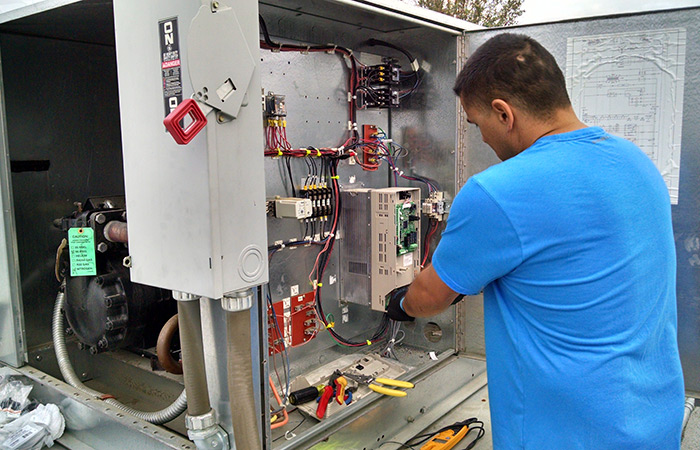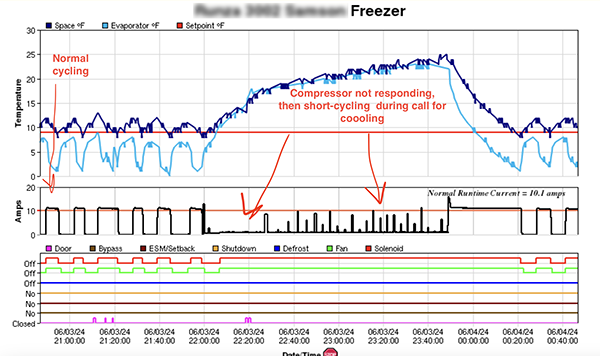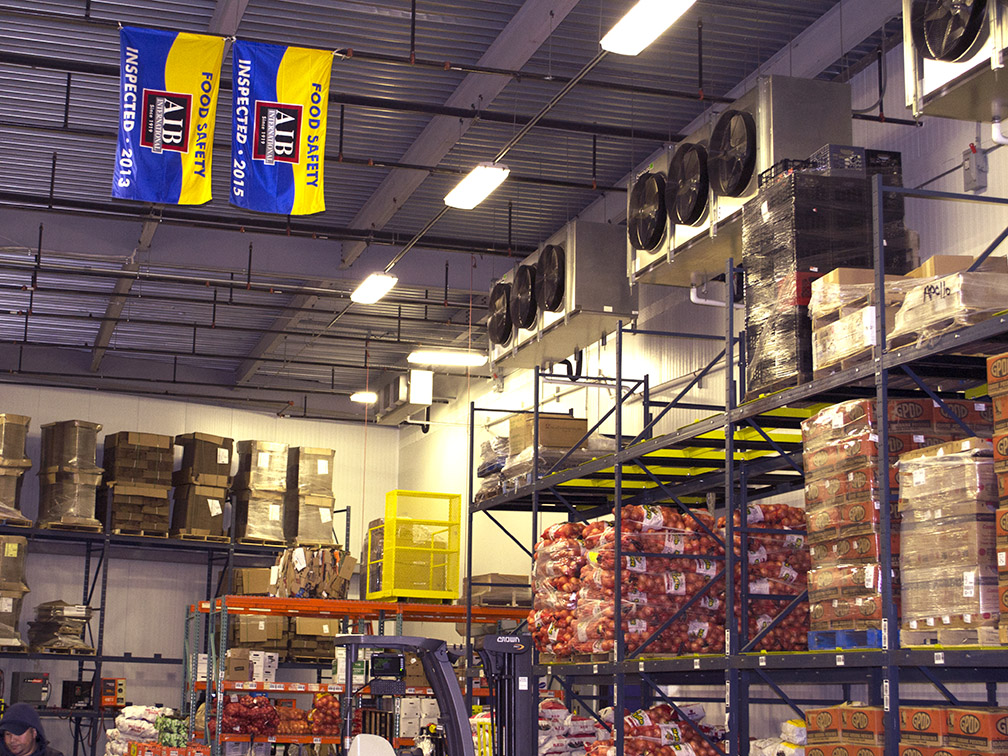In today’s labor market, one that seems to be shifting for a mainly-digital world, in which highly-specific skillsets and data drive the employment environment, it seems that everyone wants to follow one trajectory: go to college, get the degree, get the high-paying job. So many students start out with that idea (forgetting for a moment that not everyone is even cut out for the college grind), wrack up large amounts of debt, and enter the working world four years later, no better off than when they were eighteen.
While it’s true that technology jobs certainly will not decrease as we continue onward (according to the Bureau of Labor Statistics, jobs such as software engineer, computer system analyst, and market research specialists are all projected 18-20% growth by 2024), there is a very real misconception that trade careers are all but extinct. You read about it every day in the news, and it’s an idea a presidential nominee based his or her platform on. And yes, while it’s also true that certain “hands-on” jobs are being transferred from American workers to outsourced or automated replacements, there are some projected for growth for the appropriately skilled individual. This includes electricians, operations managers, maintenance and repair, and construction laborers.
Why not go after a career in trades like refrigeration, HVAC or electrical work that pays well and are high in demand for good, qualified workers?
The good part is that you don’t have to get deep in to debt to pursue such a career. Sure, you start out as an apprentice, in which you learn by doing and make a reasonable wage, but you’re doing so while your college-bound friends pile on loans, and pursue a field that may or not have a job for them after they graduate. Meanwhile, you are learning very technical skills that require meeting minimum standards of performance, some level of certification, and a license, making you a highly attractive candidate.
If you get really good at the trade and become an expert in the field, you can out earn many who have college degrees (even some advanced degrees). In our company, we have some young, bright electricians who are earning nearly six figures, with the potential for more. They are applying themselves to building profitable and fulfilling careers.
Now, don’t get me wrong–I am not suggesting you skip college for the sake of skipping college. But if you like working on equipment, building things, and have great problem-solving skills, you will be in demand in a pretty “hidden” field for growth.
Since I am most familiar with the HVAC/R fields, I can tell you first-hand there is always a need for good technicians. Why? Well, the good ones are starting to retire, and trust me, the industry is not creating technicians at the same rate they are building more cold room-related equipment and buildings. Equipment and buildings that require ongoing service to keep it running.
A very skilled technician who has spent many years in the field has taken on the task of inspiring younger folks to pursue our trade. Here is a quote from Ray Johnson, Vice President of Service, and Service Manager at Advanced Refrigeration & Air Inc:
“I am a proud member of the small fraternity of supermarket refrigeration experts. I am dedicated to turning the tide of our industry from the current trend, which displays an aging workforce and a lack of proper institutions for learning. Parallel rack system expertise in supermarkets across the globe is a dying trade in 2015. My plan, with the help of others, will be to reverse this concerning downwards spiral.”
To that end, Ray has posted links to a good number of refrigeration videos available on YouTube. See a partial list below if you are so inclined, or just want to expand your knowledge in this field.
https://youtu.be/7lt83vndDvs The Refrigeration Cycle Live Training (40 minutes)
https://youtu.be/nFc_YmjoHVY Gov’t video
https://youtu.be/m0Z0SZu5x-Q Condensers in low ambient
https://youtu.be/uXoZtf2H-jE TXV valve information on how they work
https://www.youtube.com/watch?v=RdTG3gjZGpI Animated TXV
https://youtu.be/yHExWd1LtIM Pressure Enthalpy Chart explaining refrigeration as it changes from liquid to gas and back
https://youtu.be/wLk_HHCQOzQ Reading and understanding Psychrometric Chart




